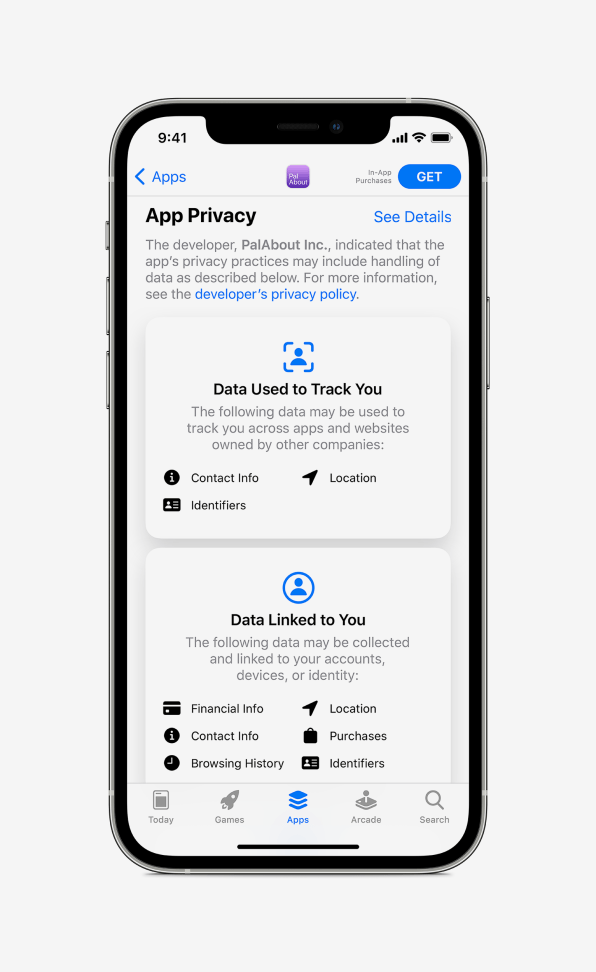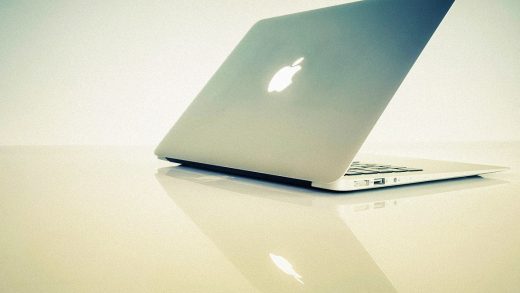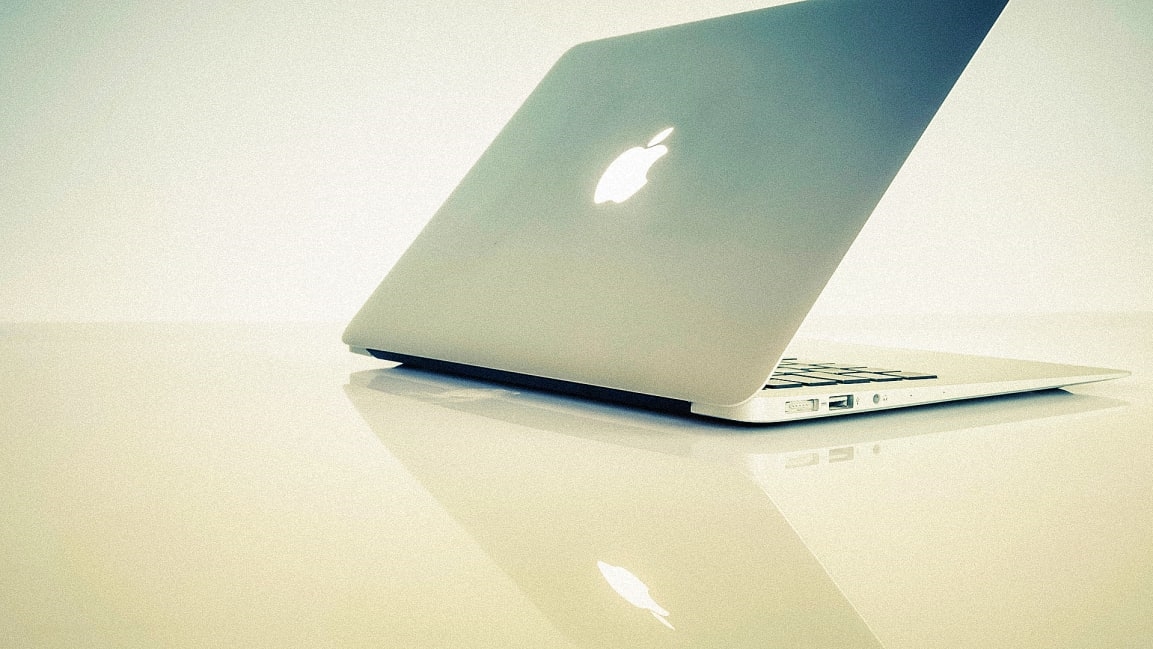Apple’s Craig Federighi on App Store’s new privacy labels: we want competitors to copy us
Apple today has finally launched its long-awaited privacy labels for apps distributed across its App Stores. The company first unveiled the privacy labels back at WWDC in June and designed the feature as a sort of “nutrition label” for apps by identifying the privacy characteristics each app has. The idea behind the labels is that they provide transparency in an easy-to-digest format, which allows users to quickly see how a specific app handles their data before they download it.
As with many of the steps Apple has taken recently to improve user privacy protections, Apple’s new app privacy labels haven’t been without controversy. Apple required all developers to self-report their privacy practices for the new labeling by December 8. While most did so without a hitch or complaint, a day later Facebook’s WhatsApp publicly criticized Apple’s app privacy label initiative as being overly broad and also fearing it would not apply to Apple’s first-party apps pre-installed on the iPhone, which are not listed in the App Store itself. That fear was nullified later that same day when Apple clarified that both all its own apps on the App Store and the apps pre-installed on the iPhone would also be required to abide by the new privacy label policy.

Here are the full details of Apple’s App Store privacy labels launching today:
I spoke with Craig Federighi, Apple’s senior vice president of software engineering, in advance of the rollout. He told me that the labels are “the start of something really ambitious.” Federighi said that Apple transparency efforts are critical in a world where more of our personal data is collected than ever before, and the new labeling is something Apple will iterate on and perfect as time goes on. The ultimate raison d’être for the privacy labels is to help users be better informed about how their data is being used—and Apple thinks the new labels are going to be something users really come to appreciate when deciding which apps to download.
But unlike most of Apple’s innovations, Federighi says he hopes Apple’s competitors and other in the industry will blatantly copy this one. “The work we’re doing here we view in the context of providing leadership to the industry, raising users’ expectations of what they should expect and demand in privacy, ” Federighi told me when I asked if he’d like to see the Google Play store roll out similar labeling. “And we absolutely expect that others in the industry will respond to the heightened expectations and demands of customers and improve privacy—and we think that’s great.
“This is one category where if they want to copy some of our best ideas toward improving user privacy—we embrace that,” he added.
Apple’s new privacy labels for app roll out across all its stores today.
(66)



